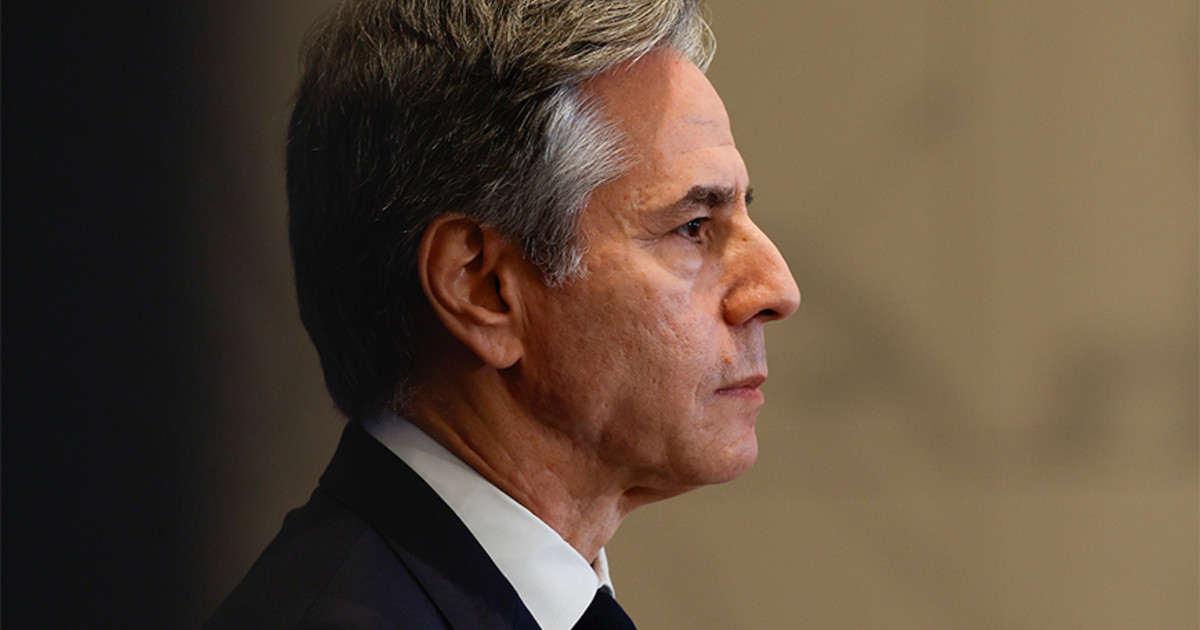Boris Johnson’s Conservative government is in deep crisis, embroiled once again in a scandal that is, at least in part, the work of the Prime Minister himself.
And this time, it’s much worse than all the other times.
On Tuesday night, after days when Downing Street was on the ropes for dealing with allegations of sexual misconduct by a government official, two high-ranking ministers resigned.
Health Secretary Sajid Javid said he could not continue “in good conscience”. Finance Minister Rishi Sunak also resigned, saying that people “rightly expect the government to be conducted properly, competently and seriously”. Since then, two more ministers have stepped down and several Conservative members of Parliament have publicly withdrawn their support for Johnson’s leadership.
Johnson is still in control of his own destiny, for now. Conservative party rules dictate that if a leader wins a vote of confidence, as he did in June, he will be immune from another challenge for 12 months.
However, Johnson’s case is so serious that it’s possible the 1922 Conservative Committee could rewrite the rules to get rid of him.
The 1922 executive is expected to meet this Wednesday (6) to set a date for elections on who should be on the committee. If a sufficiently large number of anti-Boris deputies are elected to the executive, then the chances that the rules will change increase dramatically.
Up to this point, the real question is how much public humiliation can the Prime Minister endure?
More ministers will almost certainly resign and opposition sources are talking about the prospect of defections. When parliamentarians make the decision to cross the floor and join another party, it is often done symbolically before the Prime Minister’s Questions in the House of Commons. Johnson is scheduled to face Members of Parliament in Prime Minister’s Questions later today.
The immediate cause of the crisis was the fallout from the resignation last Thursday of deputy chief Chris Pincher, amid allegations he had groped two guests at a private dinner the night before. Although he did not admit to the allegations directly, Pincher said in a letter to Johnson that “last night I drank too much” and “shame on myself and others.”
What got Johnson in trouble, though, were the contortions that Downing Street press officers tried to explain why Pincher was in government in the first place, amid a wave of revelations of his previous conduct. On Tuesday, a former senior civil servant published a letter effectively accusing Downing Street of not telling the truth when he said the Prime Minister was not aware of at least one of the historic allegations.
In an effort to draw a line under the controversy, Johnson released a statement in which he apologized and said he was wrong to have renamed Pincher to the position of Whip – who, ironically, is responsible for party discipline – earlier this year. But this was overcome within minutes by the resignation of the two Cabinet members.
The details of how Downing Street got into such a mess. At first, when new reports emerged of Pincher’s historic conduct in light of his resignation, Downing Street initially denied that the Prime Minister knew anything about the allegations.
When it became clear that this would not happen, Johnson’s team said that he knew of the historic claims but that they had been “resolved”. When it emerged that one of the previously unreported allegations against Pincher had been confirmed, Johnson’s spokesperson explained that “resolved” could mean that it had been confirmed.
Then, on Tuesday morning, Simon McDonald, the former foreign ministry official, revealed that Johnson had been personally briefed on the outcome of an investigation into Pincher’s conduct.
Regardless of whatever justification Downing Street has tried to provide, Johnson’s judgment – and his handling of this latest crisis – is now in serious doubt.
A common theme in the plethora of scandals that surround him — from “Partygate,” when Johnson was fined by police for violating lockdown rules, to his attempts to protect a deputy who violated lobbying rules — is how poorly the government has handled the consequences of the initial problem.
“The biggest threat to this government is its own staggering incompetence,” said a senior government official. “Discipline has been completely broken.”
“The team around the Prime Minister seems to have no idea how badly it is doing,” they added. “No one is good at giving interviews. We cannot stick to a single line. We completely lost control.”
A government minister told the CNN who believes one of the main problems is that Johnson sets the tone for behavior.
“It’s hard for someone with a personal life as colorful as his to scold people for behaving inappropriately,” they said.
But Conservative lawmakers are beginning to lose hope that even if Johnson is removed from power, it will not be possible to undo the damage he has done to the party before the next election scheduled for 2024.
Even more troubling for those who have lost faith in the prime minister, he seems determined to fight.
This alarms Conservative lawmakers, especially those in fringe seats who have all but given up hope of keeping them. Few of them think Johnson has any real control over how bad things are – and they can’t see a way to make sense of the Prime Minister.
The government’s mishandling of Pincher’s resignation means the scandal is now tied to Johnson personally. It was he who chose to appoint Pincher to a top government post – despite knowing the gravity of the allegations against him, and even knowing that a complaint against him had been upheld.
For years, Johnson’s main selling point has been his ability to personally connect with voters. His kind of optimistic populism was – so Conservative MPs thought – the force of nature that made the majority of the British public vote for Brexit in 2016 and gave the Conservatives an 80 parliamentary majority in 2019.
But as Johnson’s administration shifts from one crisis to another, its lawmakers now fear they are learning the hard way what happens when a populist loses popularity.
Source: CNN Brasil
I’m James Harper, a highly experienced and accomplished news writer for World Stock Market. I have been writing in the Politics section of the website for over five years, providing readers with up-to-date and insightful information about current events in politics. My work is widely read and respected by many industry professionals as well as laymen.






